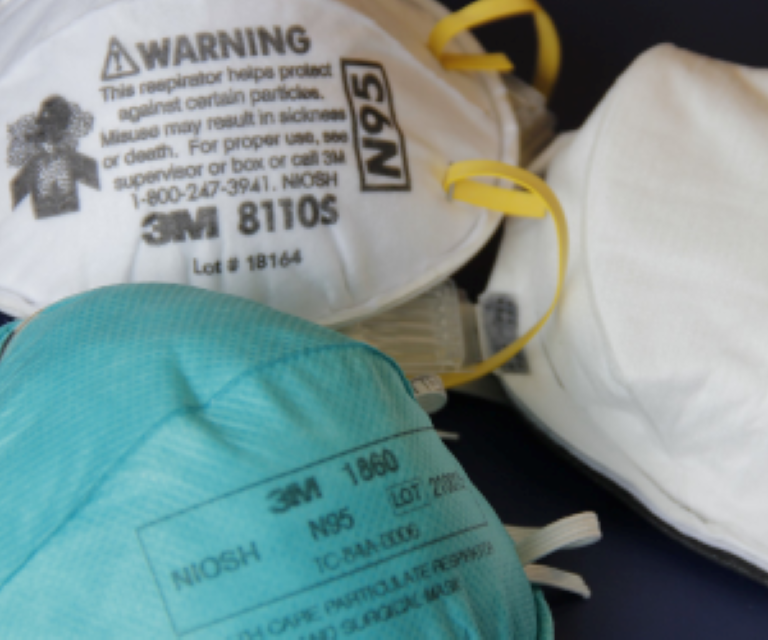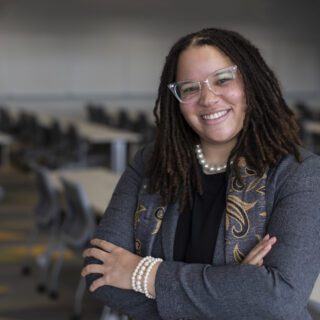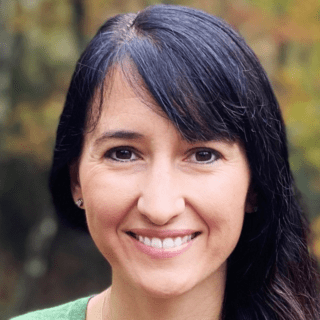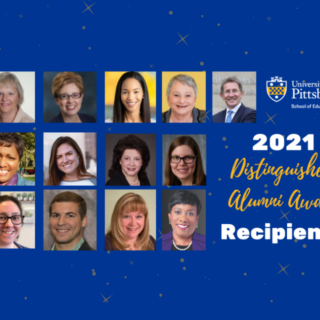
Alum Works with CDC to Protect Workers during Pandemic
As the University of Pittsburgh School of Education adapts to the challenges of the COVID-19 pandemic, one alumnus is working with the U.S. Centers for Disease Control (CDC) during the crisis.
Tyler Quinn, a 2015 alumnus of the school’s Exercise Physiology master’s program and current Exercise Physiology PhD candidate, supports the CDC’s efforts to recommend personal protective equipment for front-line medical workers and emergency responders during the COVID-19 crisis. Quinn works as an Exercise Physiologist at the National Institute of Occupational Safety and Health (NIOSH), which is a CDC lab in the Pittsburgh suburb of South Park. Among other things, NIOSH is responsible for the testing and approval of respirators and other personal protective equipment used in occupational settings.
Quinn has worked with the CDC since 2014. Prior to graduate school at Pitt Education, Quinn obtained his bachelor’s degree in exercise science from Pitt Education.
”During my studies at Pitt, I learned about how physiological burdens on the body work. In my job, I combine that knowledge with an understanding of protective equipment in occupational settings. ” He said that those two aspects play a key role in helping him work towards the mission of the CDC and NIOSH.
Quinn explained that the training he received as an exercise physiologist in the School of Education’s Health and Physical Activity program informs his work with personal protective equipment. “You have to strike a balance between equipment that provides protection but won’t strain the body too much during physical activity at work,” he said.
Quinn previously published research about personal protective equipment during the 2014 Ebola outbreak. He connects it to his current work about the physiological implications of personal protective equipment in the context of the COVID-19 pandemic.
Amid his work at NIOSH, Quinn is also completing his PhD in Health and Physical Activity at Pitt Education. He is scheduled later this month to defend his thesis, “Cardiovascular mechanisms of the occupational physical activity health paradox: 24-hour physical activity, blood pressure, and heart rate in active workers.”
In addition to his work with personal protective equipment, Quinn is the Program Assistant Coordinator of the Public Safety Sector Council for the National Occupational Research Agenda (NORA), which consists of stakeholders and end users in the sector, such as emergency medical services and first responders. “We’ve been coordinating Emergency Medical Services resource sessions to help them learn how they can protect themselves during the crisis,” said Quinn.
Quinn said that what motivates him in his work is “the potential for our research to be directly related to end user quality of life and experience.”
Learn More
Stay up to date on the latest recommendations to protect yourself from COVID-19 from the CDC.
Pitt Education’s Health and Physical Activity programs are currently accepting applications. Apply here.




